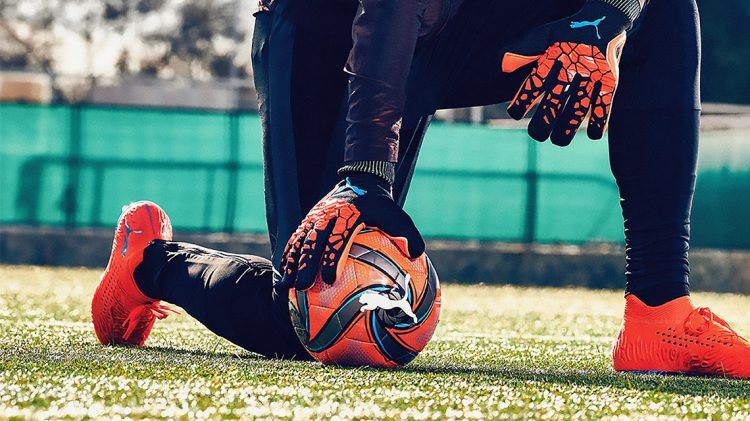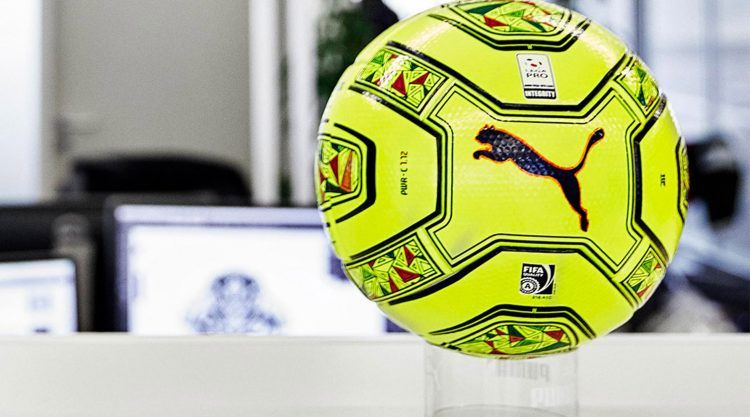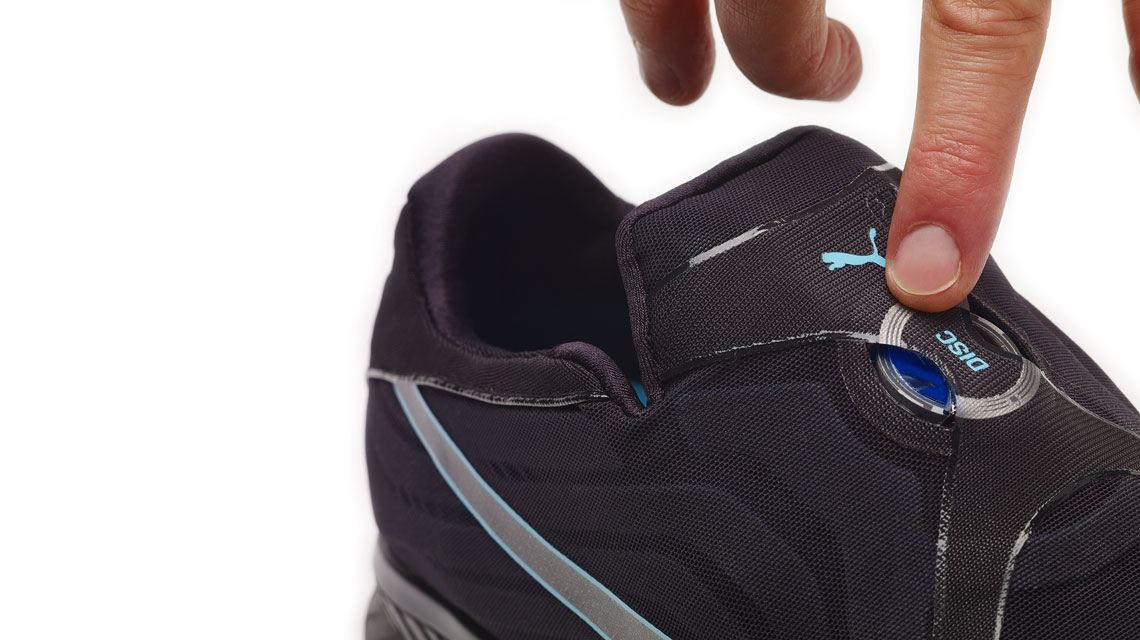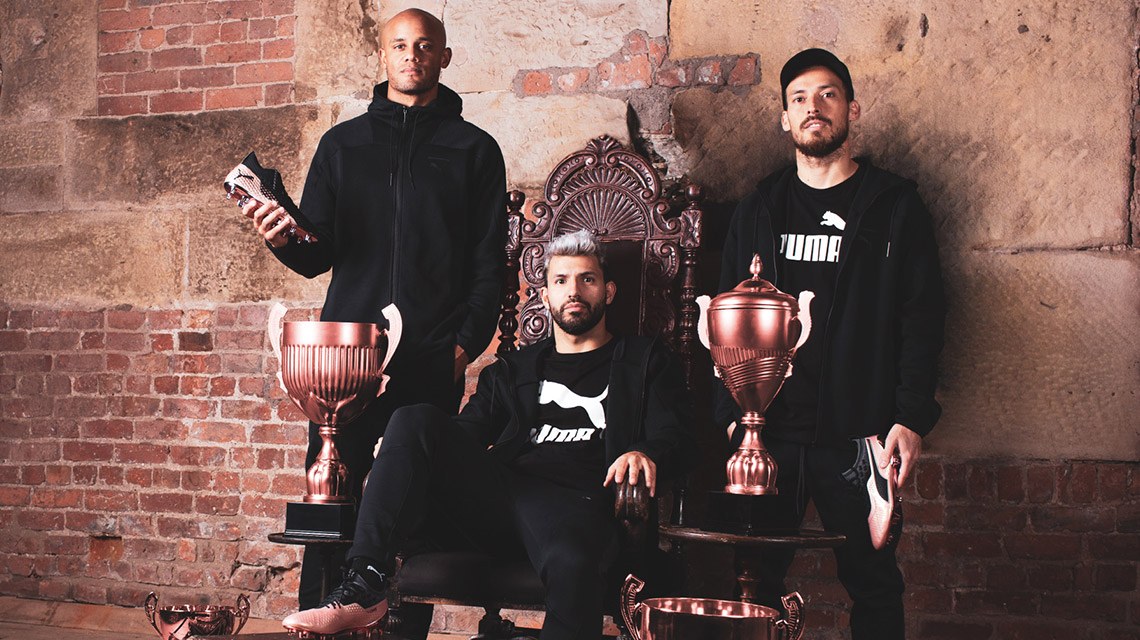
A perfect ball
must not be
too round
PUMA will equip Spanish "LaLiga" with footballs - but what makes a good football?
April 17, 2019PUMA will equip Spanish "LaLiga" with footballs - but what makes a good football?
April 17, 2019Boots that fit our players perfectly and jerseys that reflect our clubs’ culture and heritage are important.
But a football match wouldn’t be possible without the most essential element in football:the ball.
From the 2019/2020 season, PUMA not only equips some of the world’s best players and teams with boots and jerseys, but the Spanish Football League “LaLiga”, one of the biggest leagues in the world, with balls.
What makes a good football?
There are two elementary criteria. One is the flight, or the flying characteristic. Obviously, the ball must not wobble. The other thing is about how the players can handle the ball when they kick it. That’s about whether the ball is ‘dead’ or whether it really results in a good shot.
To ensure a perfect trajectory it is important that the ball is not too “round” (no, you did not misread).
The ball’s surface must not be too smooth. It has to have small indentations to get air turbulence. If there is no air turbulence, the ball will not fly straight.
The special thing about PUMA footballs
What is special about PUMA balls is the outer layer, which comes with a “dimple look”, not unlike a golf ball. That has mainly optical reasons, but is also based on the fact that in golf as in football, the flight and trajectory are extremely crucial: If you have a similar structure, that causes the same results in football as in golf.
Working with the players’ feedback
So much for the perfect trajectory. But how do we make sure that the players, and the goal keepers, are happy with the ball? “When we develop a new ball, we always have football teams testing it. Often the teams testing the balls are in the German Bundesliga, but also the Italian National Team for example. After their training sessions, they give us feedback on how the ball was flying and how it felt kicking it,” explains Thomas.
Especially the goal keepers pay attention to the flight path of the ball and how they can handle it, because it’s crucial for them to estimate where it comes down after the goal kick. For them it’s important that the ball flies straight. The players pay attention to having a good feel for the ball and to know what happens when they kick it (which could be awkward if the ball wobbles).
FIFA has the final say: Only FIFA approved balls can be used in official matches. To get the approval a ball has to pass seven tests, from water absorption and the rebound to its roundness and durability. “It takes around two years to develop a ball, from the first idea to the day the ball rolls across the pitch,” says Thomas.
The importance of a balanced design
Developing a football is also about its design of course. The designers don’t have to fear upheaval from fans on social media, as can sometimes be the case with new jersey designs but a balanced design is very important. “If the design is one-sided you have the visual impression that the ball is wobbling when it flies through the air,” explains Thomas.
Usually, balls are white with colorful elements. For “LaLiga”, PUMA created two different designs for a summer and a winter ball. “At some point, the leagues started to use orange or yellow balls in winter. There won’t be much snow in Spain of course, but over the course of time it became natural to play with another ball from October onwards,” says Thomas.
Spain’s top-flight leagues get roughly 1.000 footballs, around 50 per club. What the PUMA footballs will look like exactly is still a secret. In August, at the kick-off match for the 2019/2020 season we can watch them rolling across the pitches.



